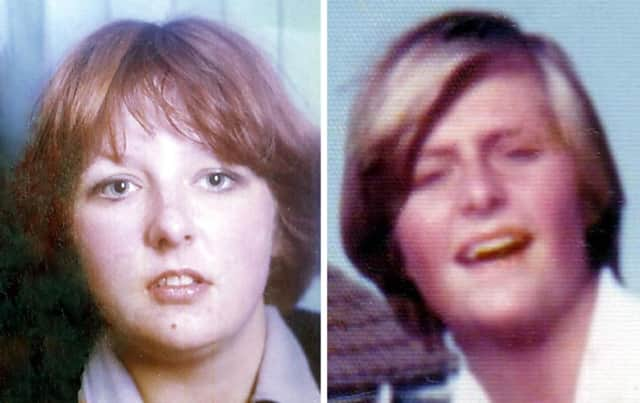Chris Marshall: Evidence for retrial has often gone


Sentencing Sinclair, Lord Matthews handed down a minimum jail term of 37 years – the longest ever handed out by a Scottish court and the same length of time the families of Christine and Helen were forced to endure to see their daughters’ killer found guilty of the infamous World’s End murders.
A 2007 trial had collapsed after the judge ruled there was a lack of prosecution evidence to proceed. And that is where the case against Sinclair – who police believe could be Scotland’s most prolific serial killer – would have ended, had it not been for changes to the law of double jeopardy, the principle which prevents a person being tried for the same crime twice.
Advertisement
Hide AdAdvertisement
Hide AdFollowing the Macpherson inquiry into the murder of Stephen Lawrence in 1993, the 800-year-old principle was overturned by the 2003 Criminal Justice Act in England and Wales.
CONNECT WITH THE SCOTSMAN
• Subscribe to our daily newsletter (requires registration) and get the latest news, sport and business headlines delivered to your inbox every morning
Largely in response to the collapse of Sinclair’s trial in 2007, the Scottish government followed suit and under amendments brought in by the Double Jeopardy (Scotland) Act 2011, a second prosecution can be brought where there was a “tainted acquittal”, or where there has been an admission of guilt or the emergence of new evidence.
The five-week trial of Sinclair at the High Court in Livingston, which came to a close on Friday, was the new law’s first challenge and it passed in some style, bringing to a close one of Scotland’s most notorious unsolved murder cases.
The lord advocate, Frank Mulholland, said the case showed there was now “no longer such a thing as a closed case in Scotland”.
New DNA evidence was enough to bring Sinclair back to trial, and it is hoped advances in forensic science could see a number of new cases re-assessed, even where there has been a previous trial.
Sadly, that might not happen in the case of Sinclair, who police believe may be responsible for the deaths of at least three other women.
The murders of Anna Kenny, 20, Hilda McAulay, 36, and Agnes Cooney, 23, all took place in 1977 and showed similarities to those of Christine Eadie and Helen Scott.
Advertisement
Hide AdAdvertisement
Hide AdBut unlike the World’s End case – where productions were meticulously looked after by the police – the evidence has not survived.
This it seems could be one of the greatest challenges facing the Crown Office’s cold case team – not the law or the legal will, but simply the passage of time and its effect on the evidence needed to bring a fresh prosecution.
SCOTSMAN TABLET AND IPHONE APPS